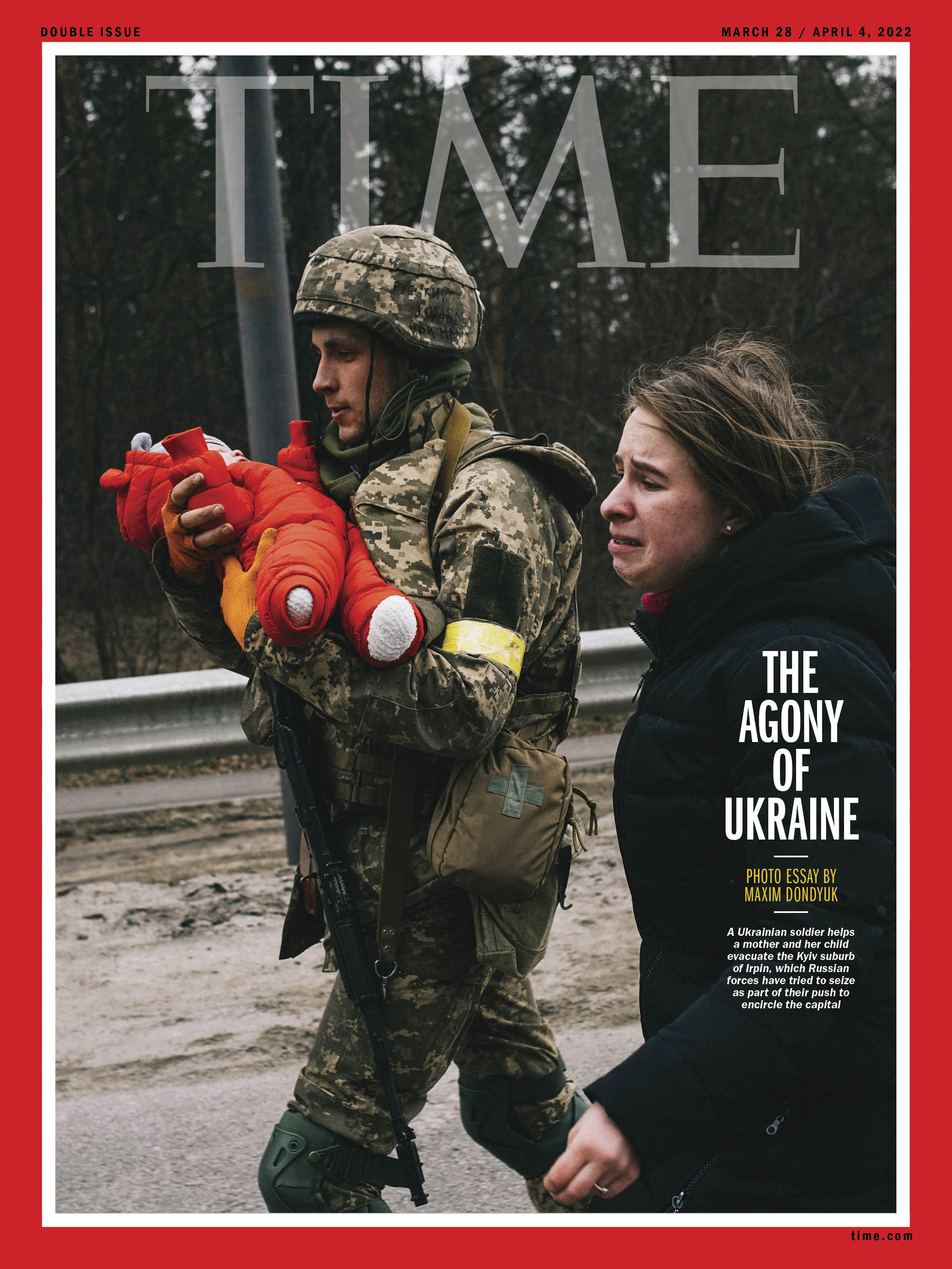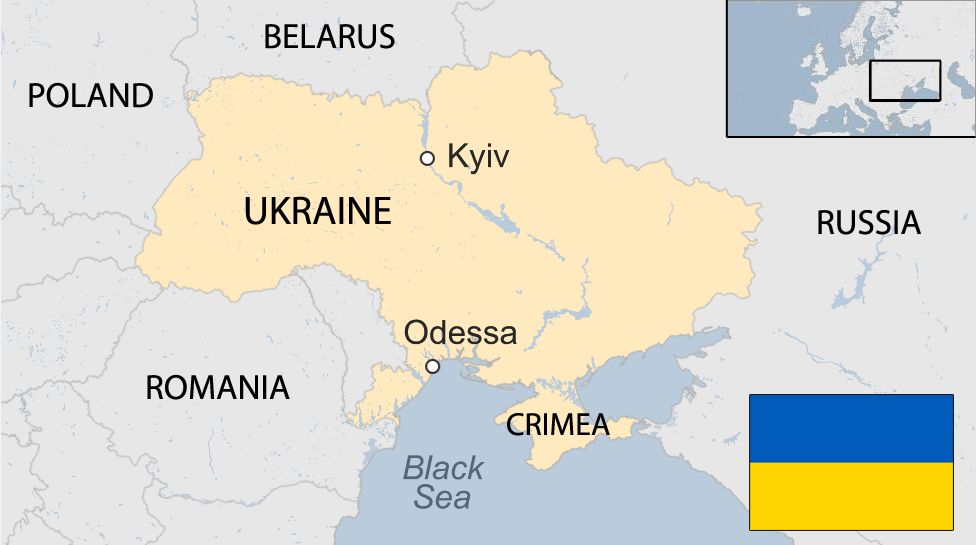That’s what the late, well-known mystic, Josyp Terelya, called his homeland of Ukraine (repressed for decades under Russian Communists). “This,” he once pronounced, “is an apocalyptic nation.”
We’re used to hearing Israel spoken of in such terms. But Ukraine?
True, war could spread through Europe as a result of the current Russian-Ukrainian fighting, even evolving into a global nuclear conflict, which surely fits the bill as “apocalyptic” (as a dramatic historic-spiritual event). But there’s more — and it creates a mystery.
History seems to drag Ukraine onto the world stage repeatedly.

“Ukraine is once again at the center of a potentially global conflict,” he notes. “World War I, as the historian Dominic Lieven put it, ‘turned on the fate of Ukraine.’ World War II, according to the legendary journalist Edgar Snow, was ‘first of all a Ukrainian war.’ Now the threat of a third world war hinges on what could happen in Ukraine.”
Part of the answer is geographical. The Ukraine (meaning “The Borderlands,” thus sometimes a “the” in front of it) is between Russia and Germany and long has been viewed “as the site of struggle for the domination of the continent.”
“In 1904 an English geographer named Halford John Mackinder made a bold prediction. In an article titled ‘The Geographical Pivot of History,’ he suggested that whoever controlled Eastern Europe would control the world. On either side of this vast region were Russia and Germany, poised to do battle. And in between was Ukraine, with its rich resources of grain, coal, and oil.”
There is also a mystical component — unnoticed, of course, in essays in the secular (or even Catholic) media. Ukraine has deep Catholic-Marian roots — a lightning rod for forces of evil. “Mariupol” — thus far the most devastated Ukrainian city — means “city of Mary.” Along with so much else, churches and monasteries are in tragic ruins.
Lenin and Stalin viewed Ukraine as the crossroads to the rest of the world — and thus to making the Bolshevik revolution a world revolution.
Putin likewise views it as “the battleground for a civilizational contest between Russia and the West. The struggle for Ukraine, as history tells us, is about much more than just Ukraine or Europe. It is the struggle for the shape of the world to come.”
[resources: Witness: To Apparitions and Persecution in Ukraine]



